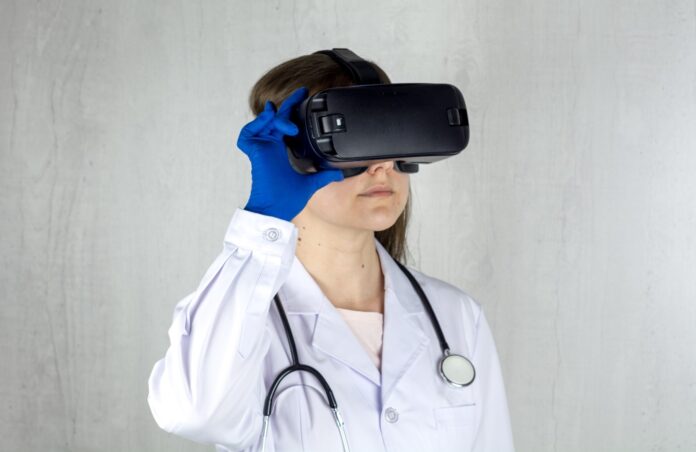The discovery and development of new drugs is a complex and time-consuming process that involves multiple stages, from identifying potential drug targets to optimizing drug candidates for efficacy and safety. In recent years, the field of drug discovery has seen a significant shift towards the use of artificial intelligence (AI) and machine learning (ML) technologies to accelerate and improve the drug development process. In this article, we will provide an overview of the role of AI in drug discovery and highlight some of the recent advances in this field.
AI and ML technologies have the potential to revolutionize drug discovery by enabling researchers to process and analyze vast amounts of data in a fraction of the time it would take using traditional methods. One of the key applications of AI in drug discovery is the identification of potential drug targets. Using AI algorithms, researchers can analyze large datasets to identify disease-related biomarkers and other potential drug targets that may have been overlooked using traditional methods.
Another key application of AI in drug discovery is the optimization of drug candidates. By analyzing large amounts of data on the structure and function of proteins, AI algorithms can help researchers to identify the most promising drug candidates for further development. In addition, AI can be used to predict the potential side effects of drug candidates, allowing researchers to optimize drug efficacy and safety.
In recent years, there have been several significant advances in the use of AI and ML in drug discovery. For example, in 2020, researchers at the University of California San Francisco used AI algorithms to identify a new drug candidate for the treatment of Alzheimer’s disease. The drug candidate, known as halicin, was identified using a deep learning algorithm that analyzed a database of over 100 million molecules.
Another recent advance in the field of AI and drug discovery is the use of generative models to design novel drug molecules. Generative models are AI algorithms that can create new molecules with specific properties based on a set of input criteria. Researchers at the University of North Carolina at Chapel Hill used a generative model to design a novel molecule that has the potential to inhibit the growth of cancer cells.
While the use of AI in drug discovery has shown great promise, there are still several challenges that must be addressed before these technologies can be widely adopted in the pharmaceutical industry. One of the main challenges is the availability of high-quality data for training AI algorithms. Another challenge is the need for greater collaboration and standardization across the pharmaceutical industry to ensure that AI algorithms are being used in a consistent and transparent manner.
In the future, we can expect to see continued advances in the use of AI and ML in drug discovery. As the availability of high-quality data continues to improve, AI algorithms will become increasingly accurate and effective in identifying new drug targets and optimizing drug candidates. In addition, we can expect to see greater collaboration and standardization across the pharmaceutical industry, as companies recognize the potential of AI to transform the drug development process.
The use of AI and ML technologies in drug discovery has the potential to revolutionize the field by enabling researchers to process and analyze vast amounts of data in a fraction of the time it would take using traditional methods. Recent advances in this field have demonstrated the power of AI in identifying new drug targets and designing novel drug molecules. While there are still several challenges that must be addressed, the future of drug discovery looks bright with the continued development and adoption of AI and ML technologies.


